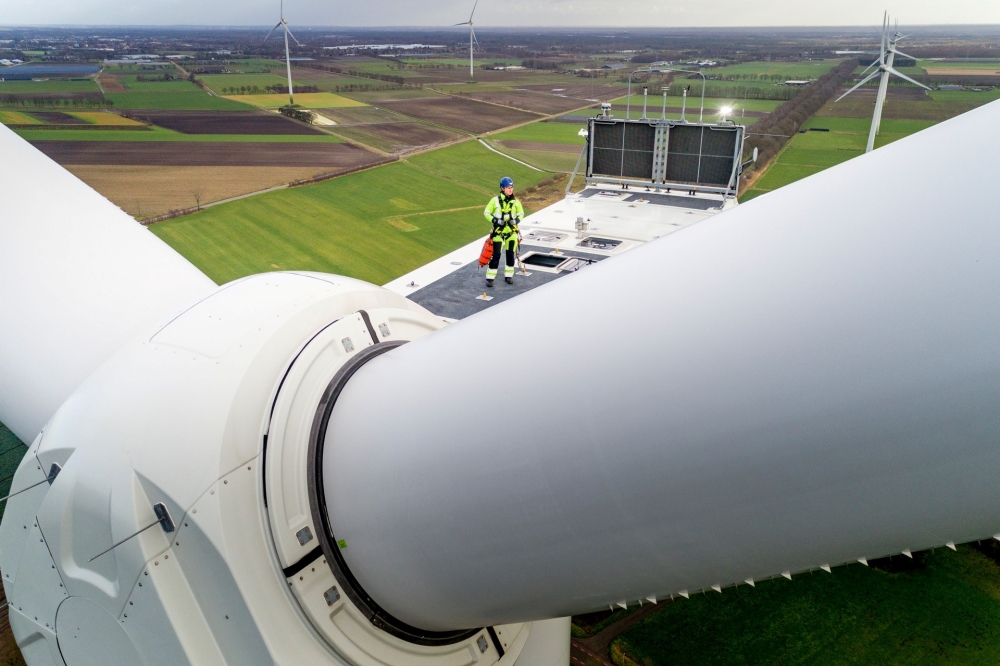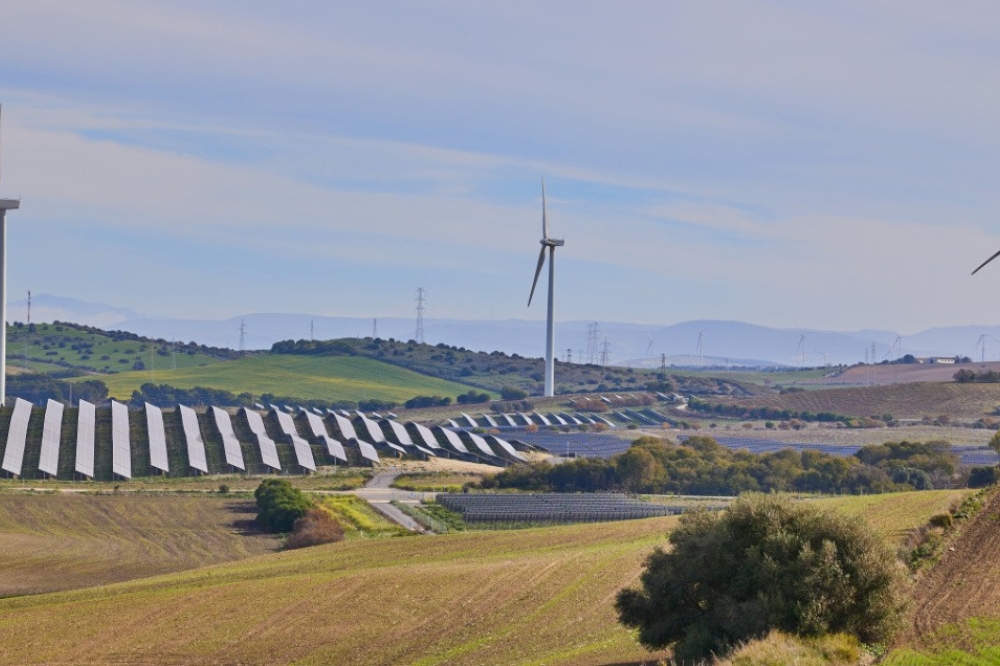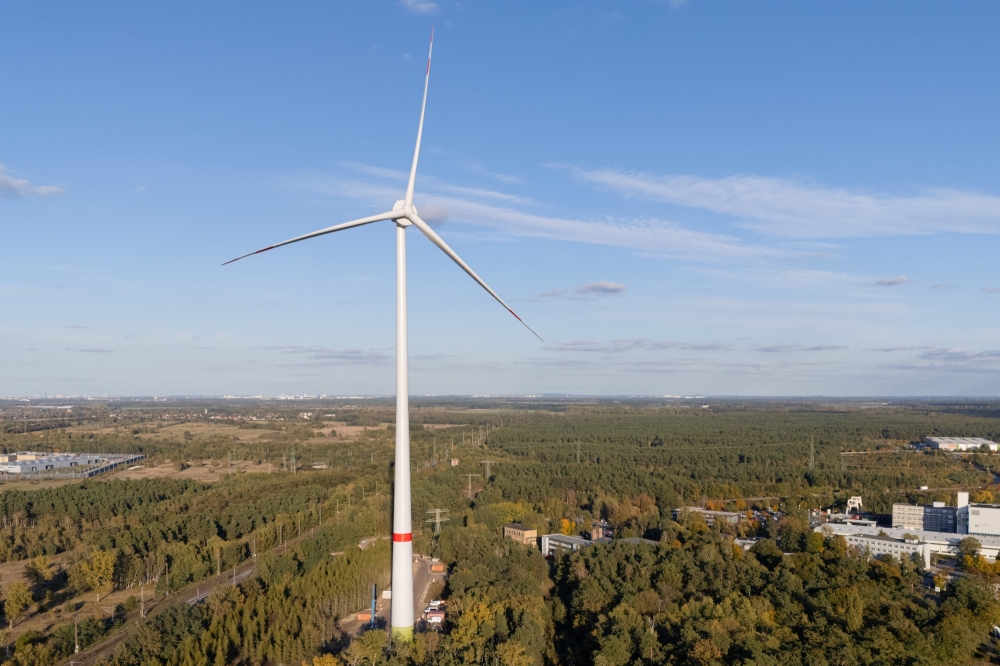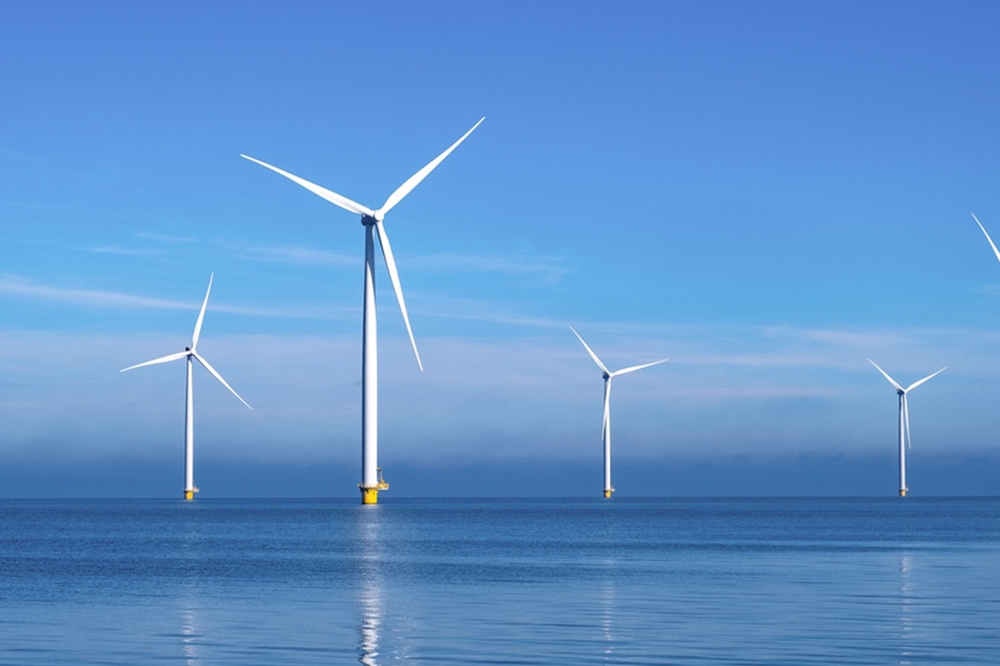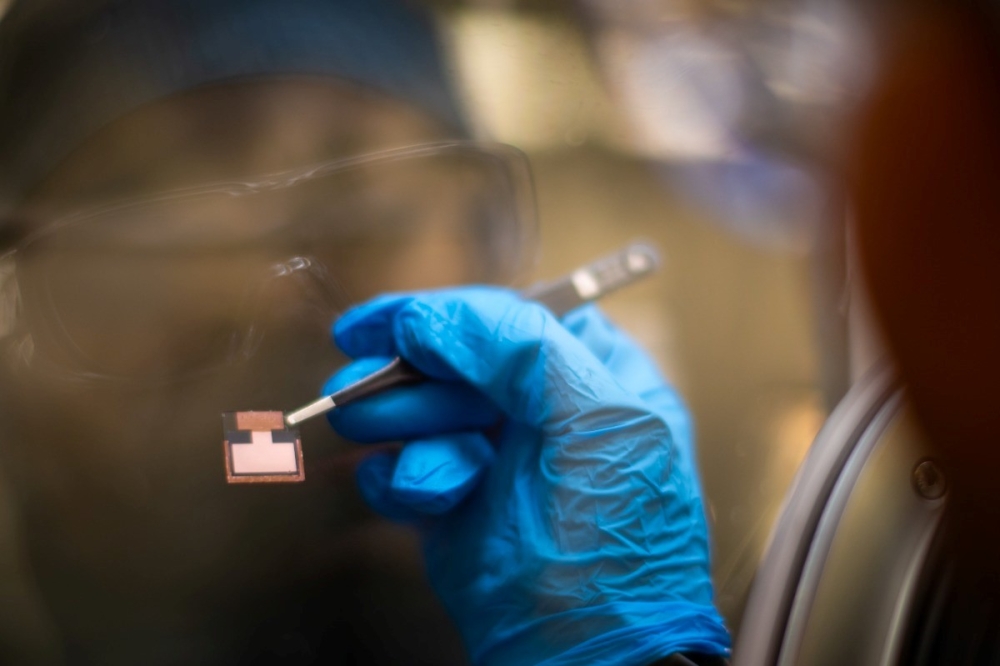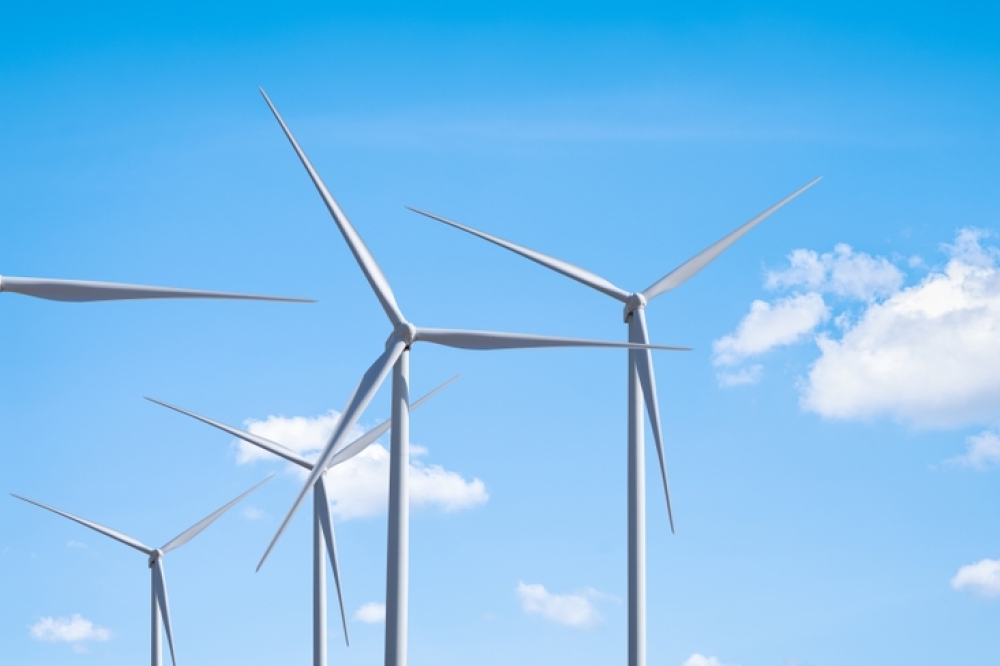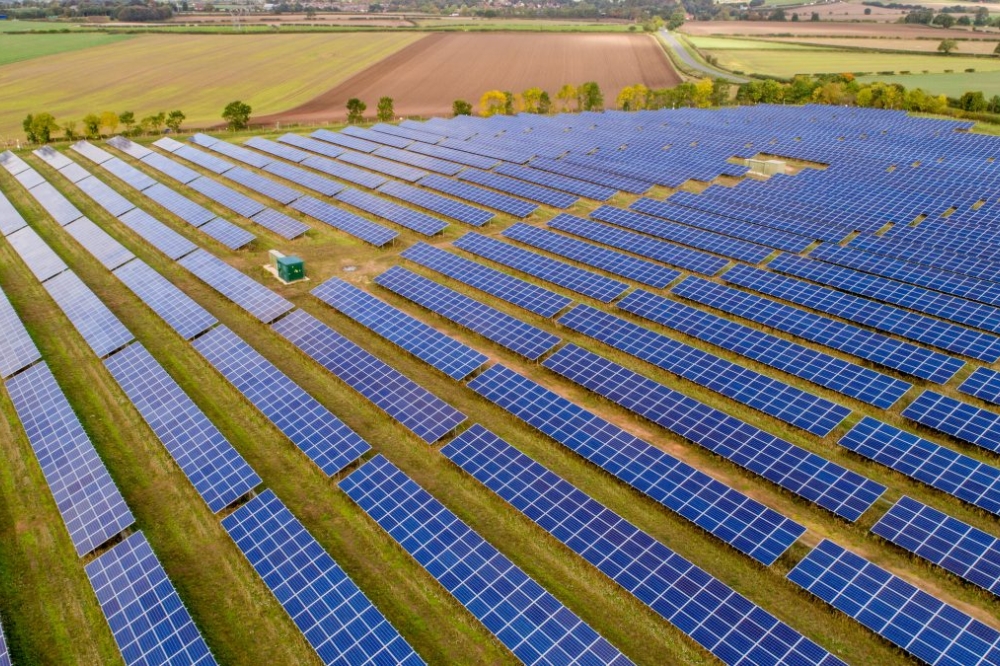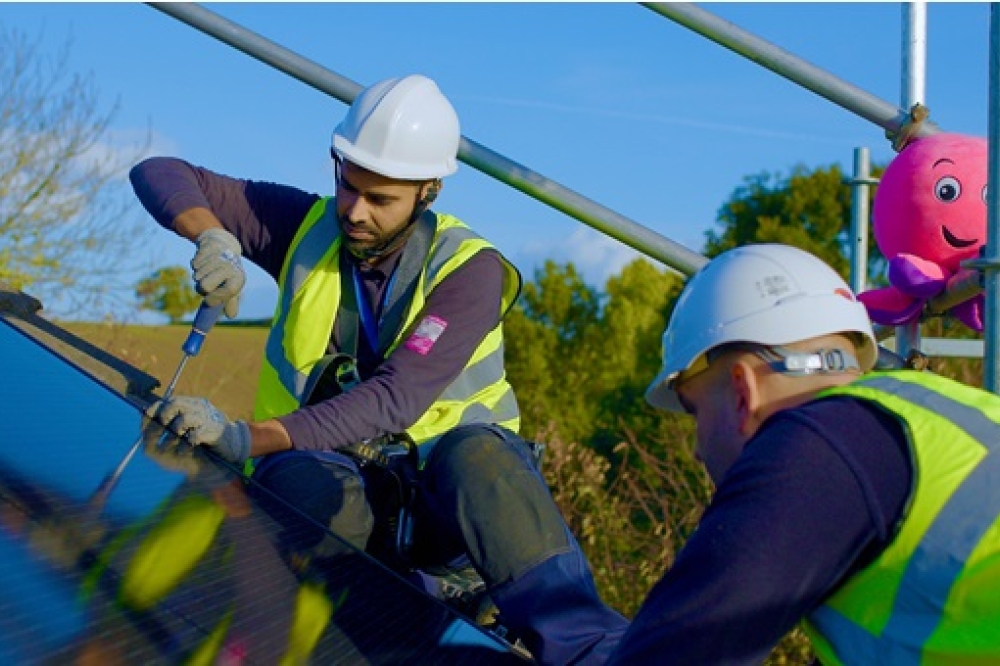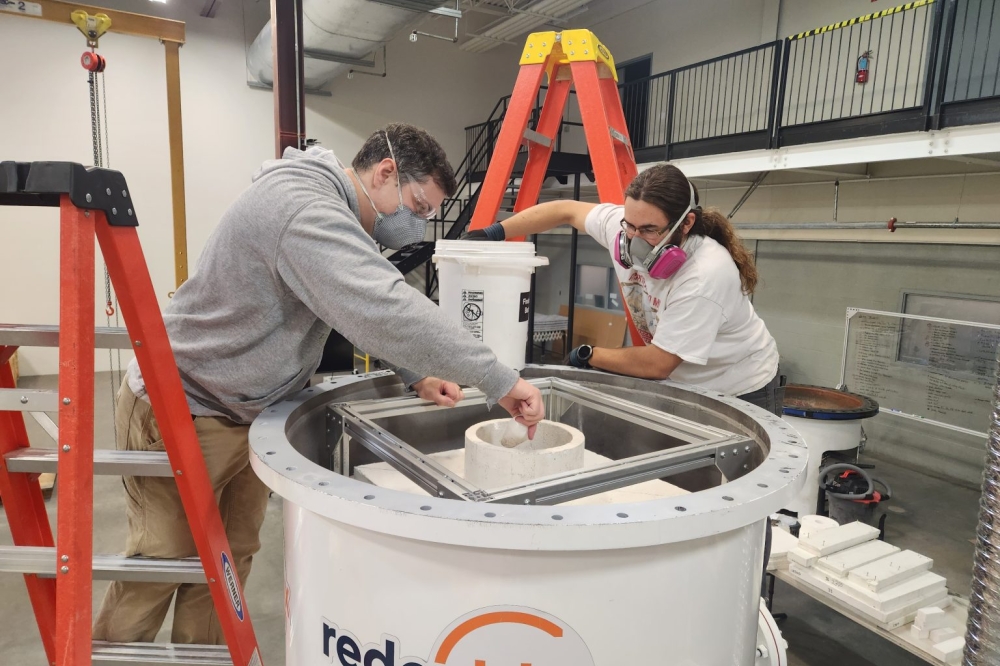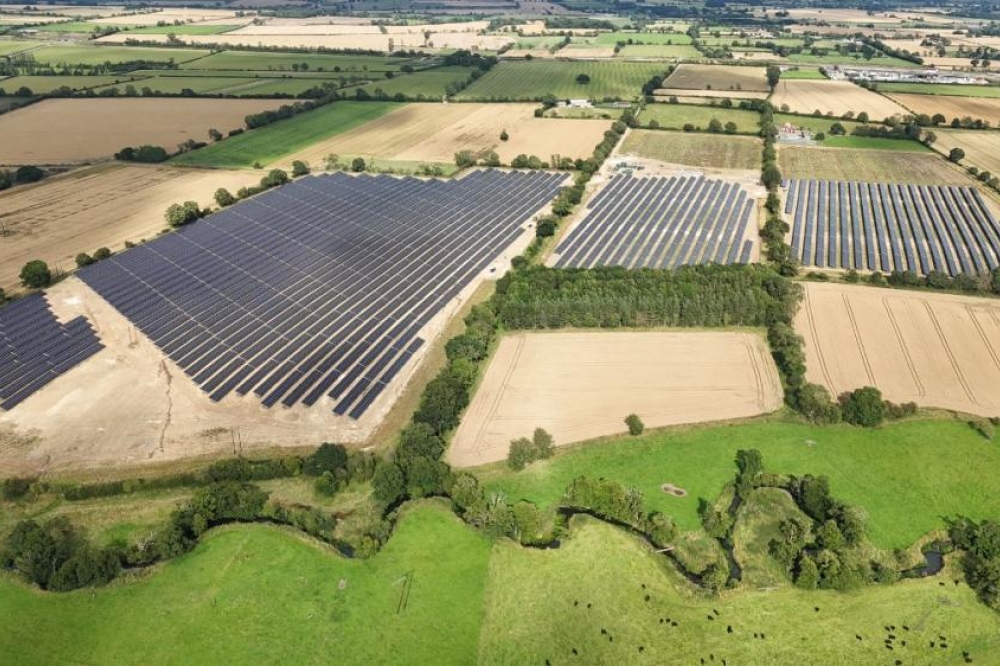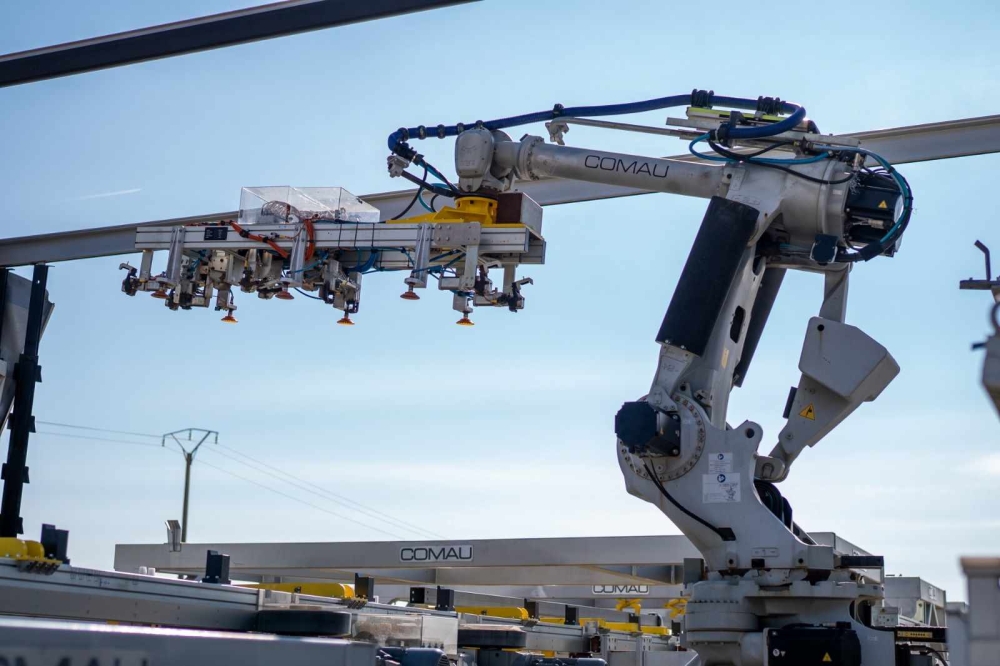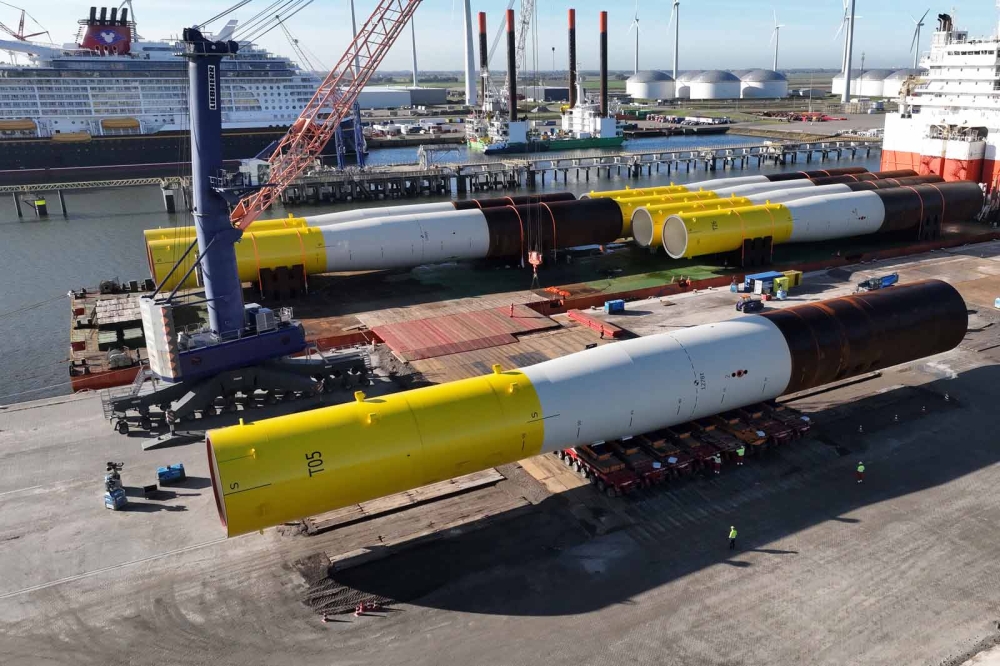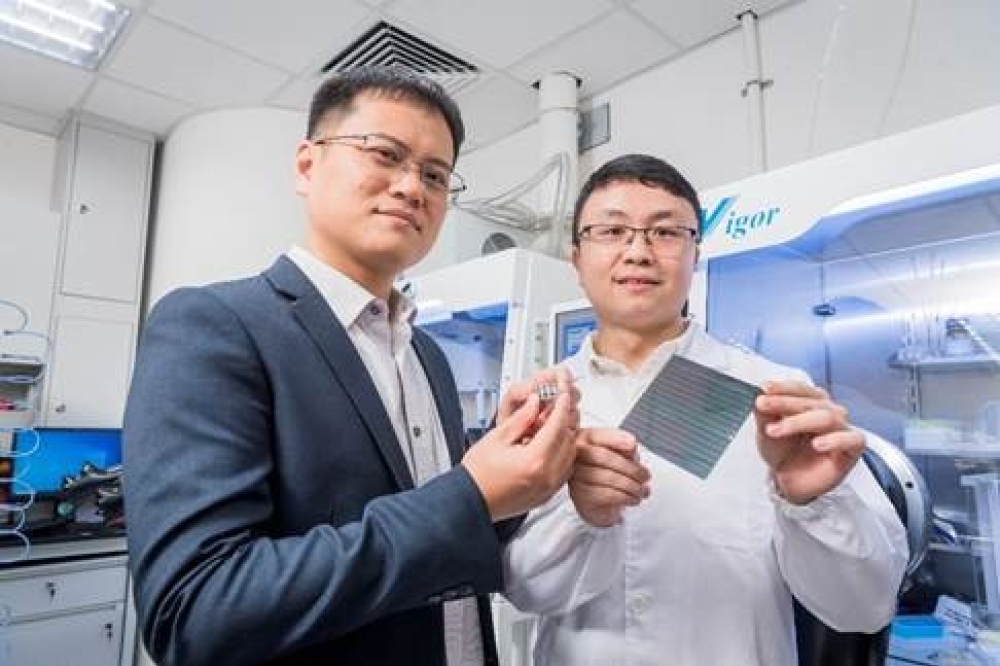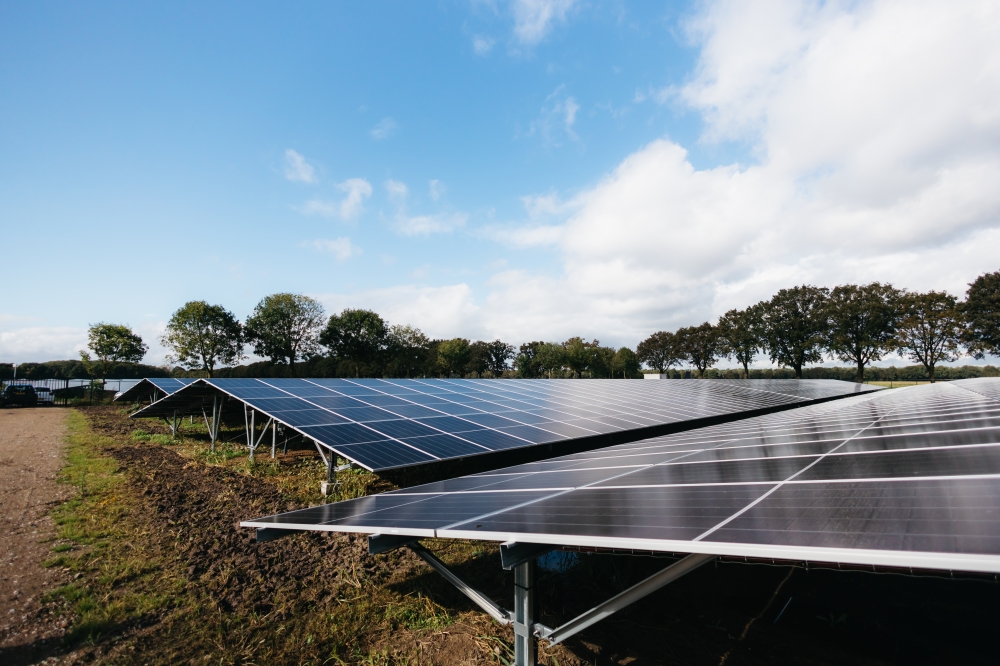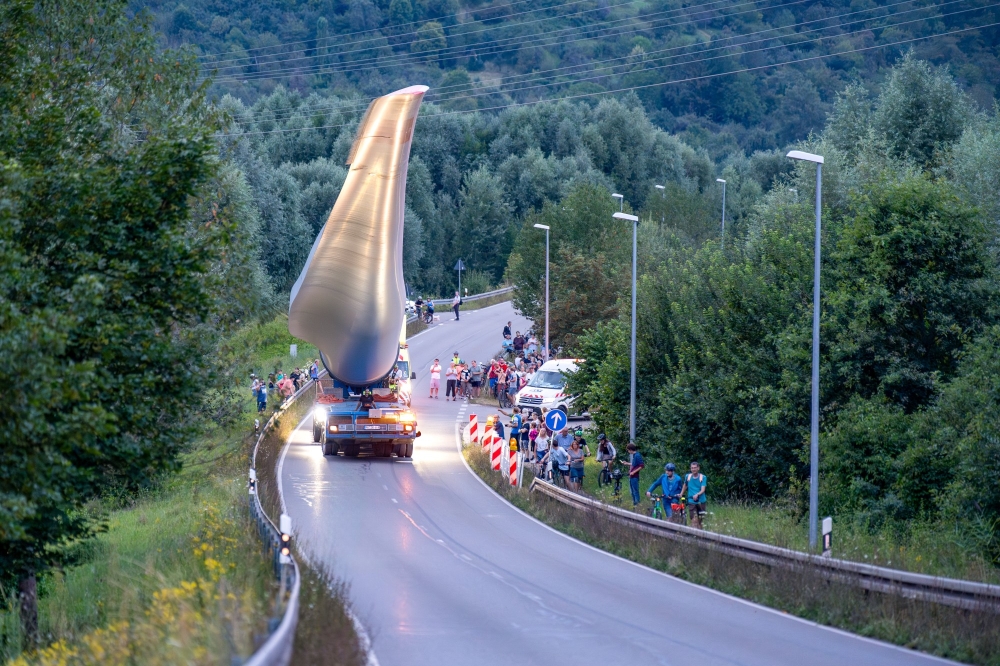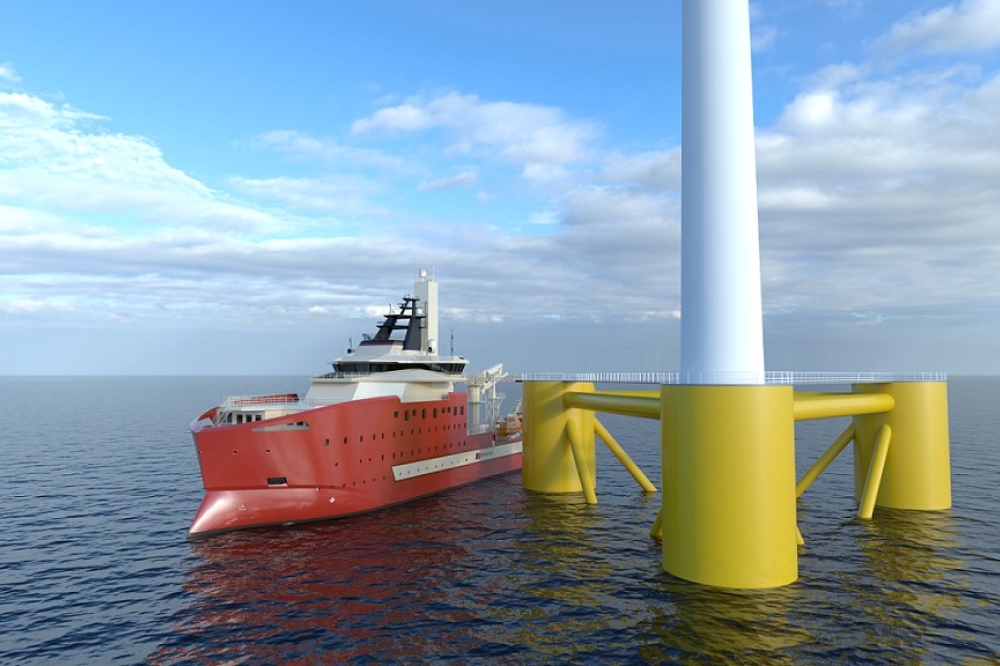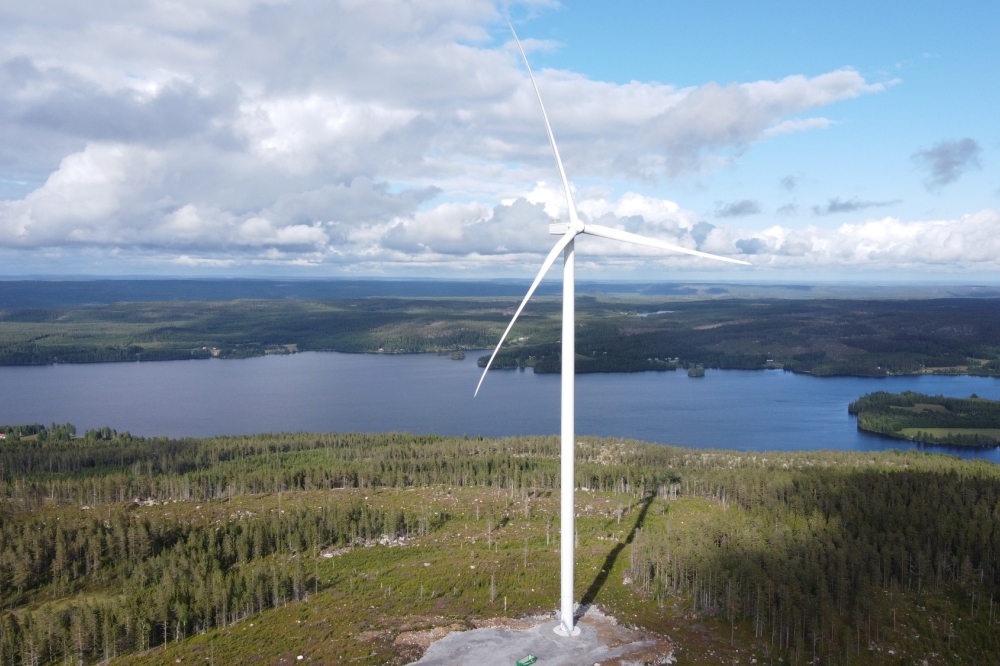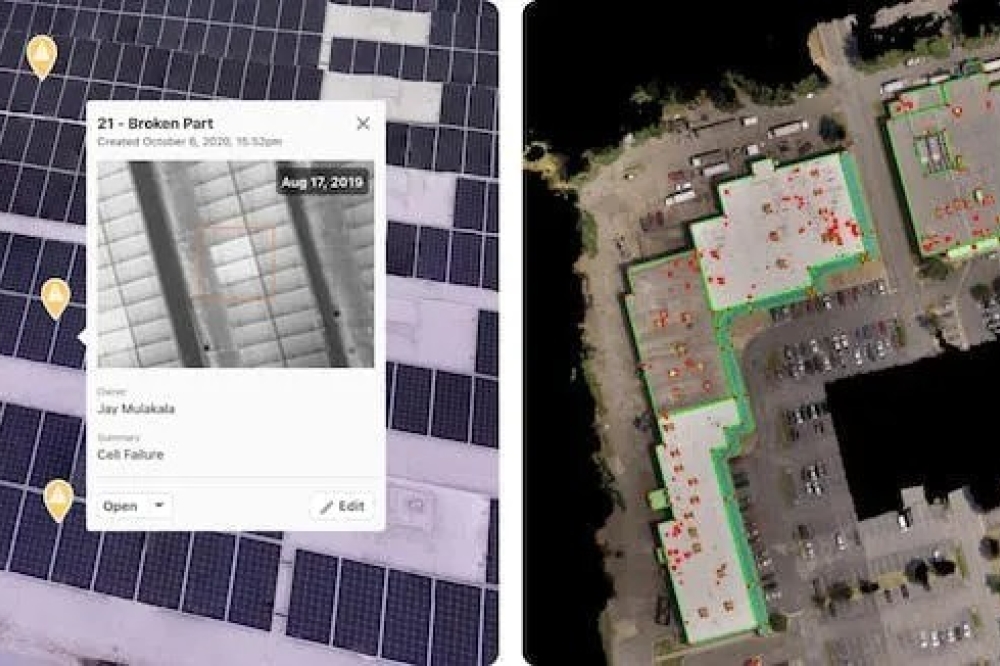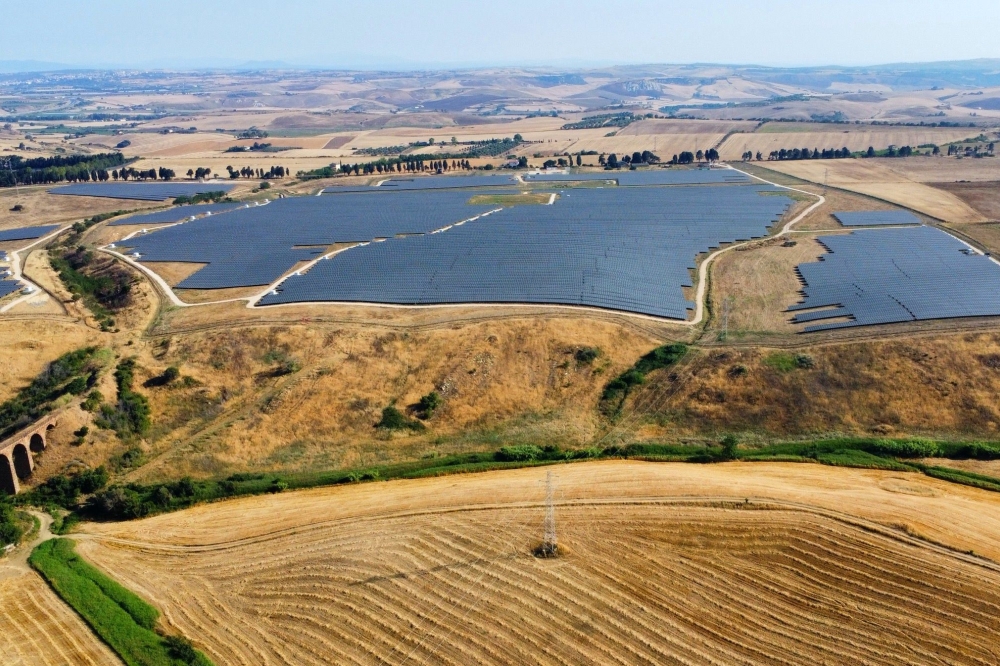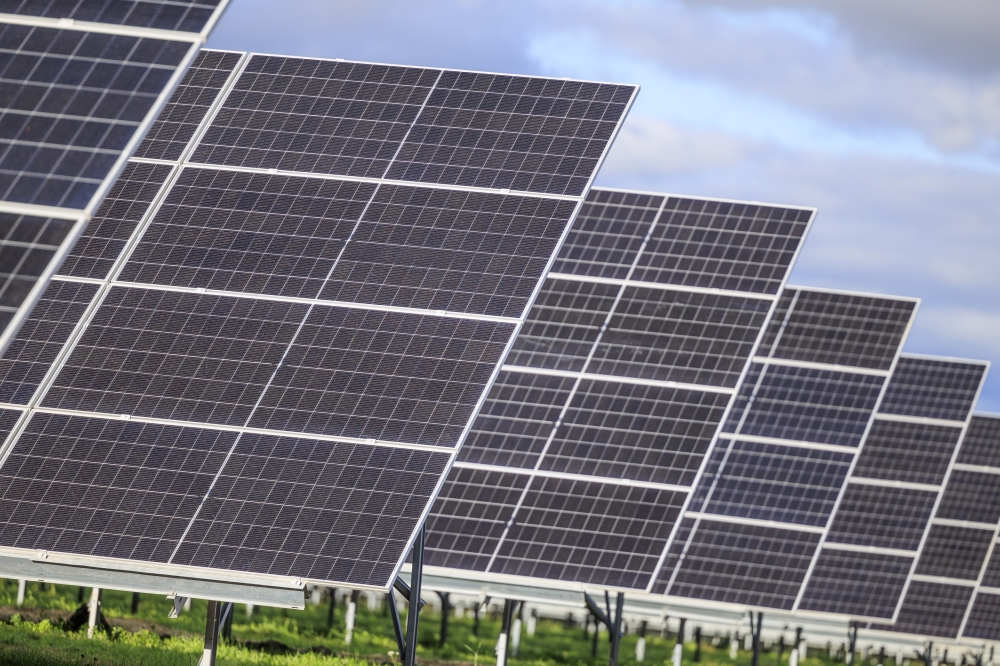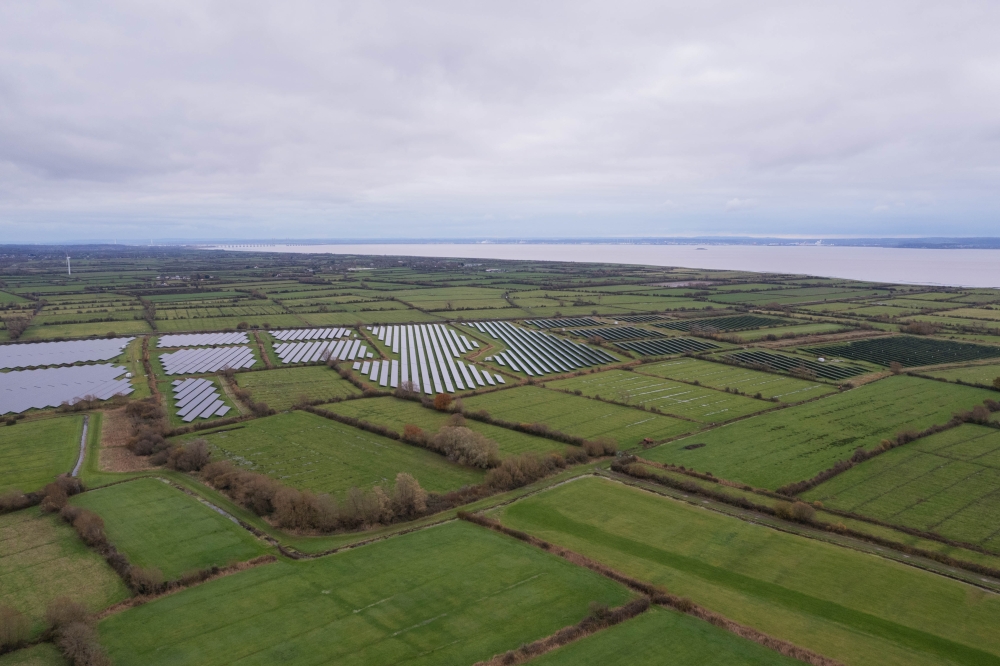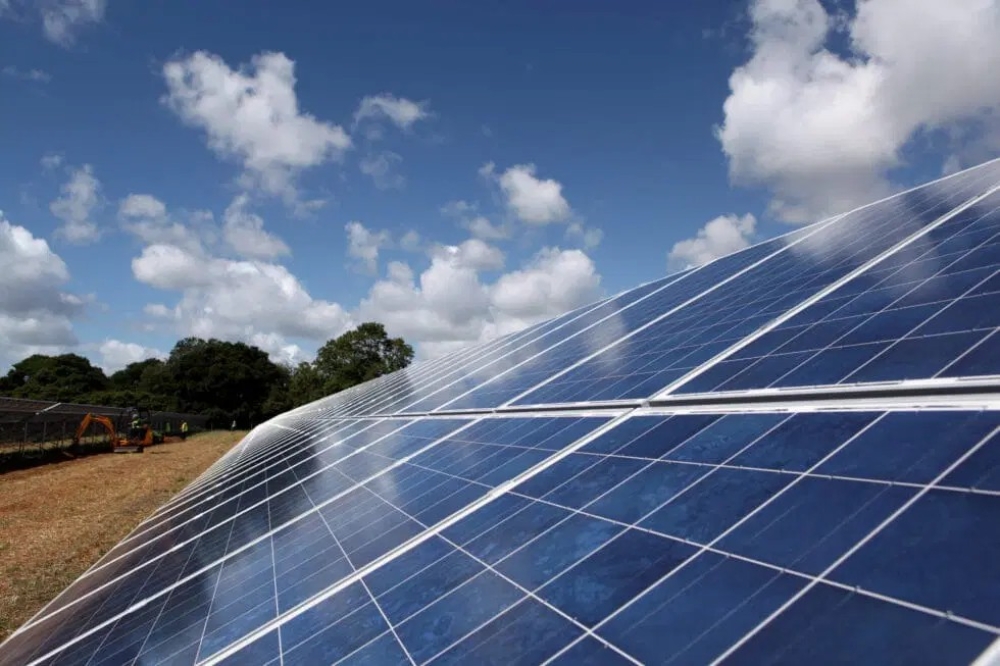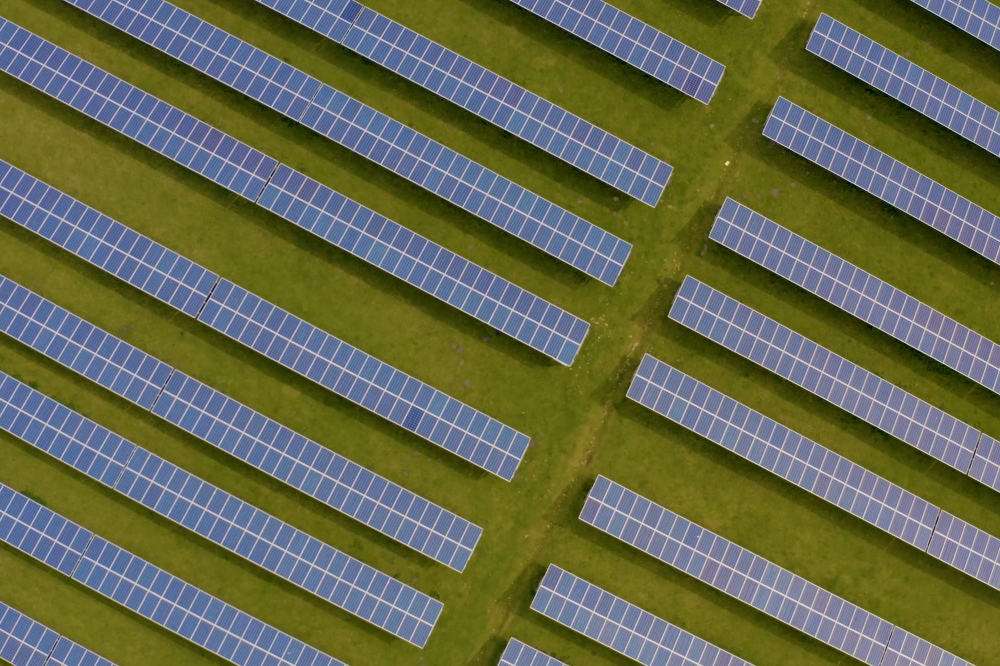Imec & Partners Demonstrate Perovskite Solar Module Outdoor Stability
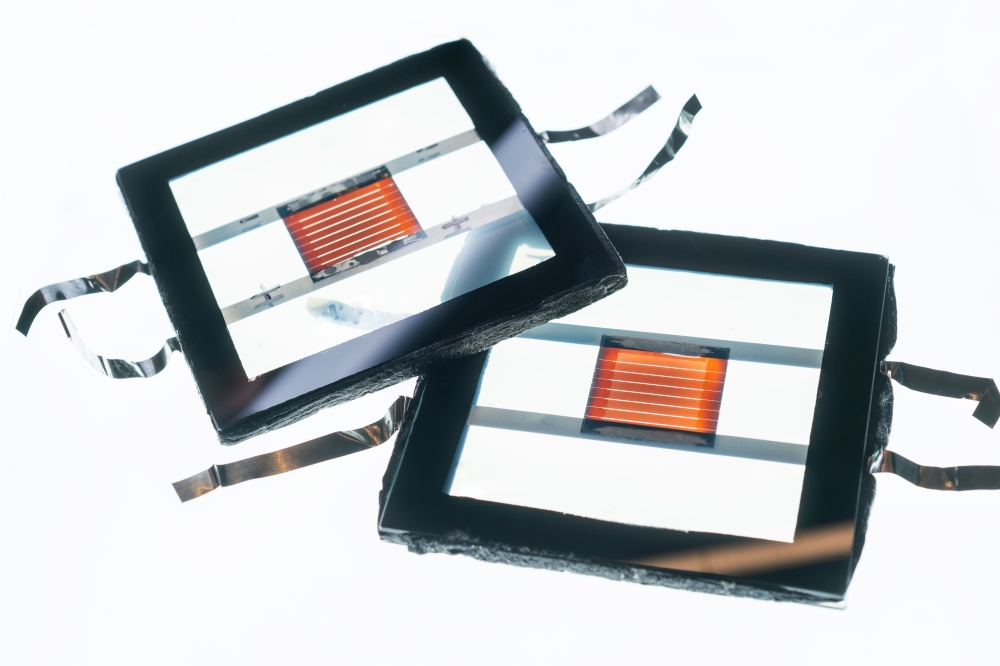
Imec, in collaboration with the University of Cyprus, has
demonstrated the long-term outdoor stability of perovskite solar modules.
Mini-modules, developed at imec/EnergyVille, were tested in real-world
conditions in Cyprus over two years. The modules retained 78% of their power
efficiency after one year outdoors, a significant improvement over current
perovskite solar modules, which typically degrade within weeks.
Perovskite materials have shown potential for
next-generation photovoltaic (PV) cells due to their optical and electronic
properties, leading to rapid improvements in power conversion efficiency (PCE).
However, stability remains a key challenge, as perovskite cells degrade when
exposed to moisture, heat, and light. Researchers are also working to reduce
lead contamination by developing lead-free or lead-stabilized alternatives to
improve environmental safety.
Previous studies have mainly focused on small-scale cells
tested indoors, but outdoor performance in real-world conditions has been less
explored. Imec’s study aimed to address this gap by evaluating the performance
of 4 cm² perovskite mini-modules under Cyprus' climate. The findings showed
that the most durable modules retained 78% of their initial efficiency after a
year in outdoor conditions, far outperforming current perovskite modules, which
often only maintain efficiency for weeks to months.
Additionally, the study identified a consistent pattern of
performance degradation during the day, with recovery overnight. Data from the
outdoor tests was analyzed using a machine learning model, revealing a strong
correlation with actual power output, offering potential for future performance
predictions.


